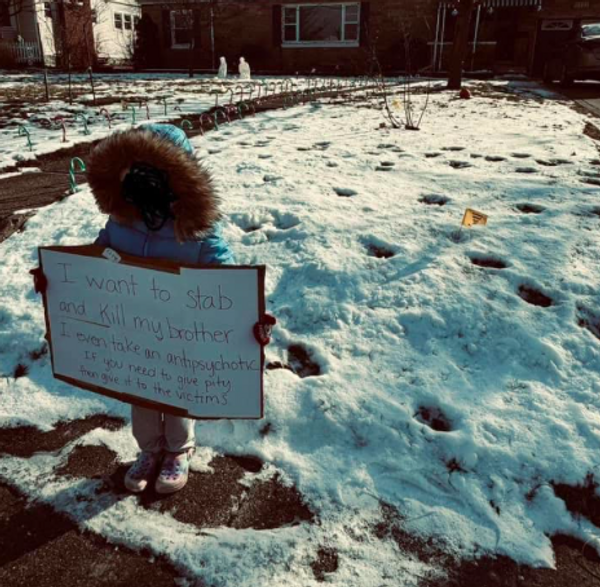
CHICAGO _ Simeon Wright, the cousin of Emmett Till who was in bed with the boy on the night he was kidnapped and later murdered, died Monday morning at his home in suburban Chicago, his wife said.
Wright died after suffering complications from a form of bone cancer, his wife, Annie Wright, said. He was 74.
Simeon Wright grew up for part of his life in Money, Miss. A 14-year-old Emmett Till traveled to the town from Chicago in August 1955 to visit Wright and other relatives that summer.
Wright was with Till when Till allegedly whistled at a white woman at a convenience store as a prank. And Wright was also with the teen the night Till was ordered out of bed at gunpoint by two angry white men, who accused him of flirting with their relative.
Till was tortured, murdered and his body was tossed into the river. His death helped galvanize the civil rights movement. He became a symbol of racist violence that persisted in the South when his mother, Mamie Till-Mobley, chose to have his mutilated body on display at his funeral. Photographs of Till's wounded corpse were published and circulated around the world.
After a trial in which the men accused of killing Till were acquitted, Wright and his family moved to west suburban Argo. He graduated from Argo High School in 1962 and began working as a pipe fitter.
For much of his life, Wright lived quietly in various suburbs of Chicago, his wife said. But in the 2000s, Wright became more vocal about what happened to him.

"He really wanted people to know what happened that night," his wife said. "There were so many versions. When I first met him, he never talked about it. But then he wanted people to know the injustices and indignities."
Wright was 12 when Till was killed and afterward his family fled in fear, said Airickca Gordon-Taylor, a spokeswoman for the family and the co-founding director of the Mamie Till-Mobley Memorial Foundation.
The media spotlight was justifiably on Emmett Till, Gordon-Taylor said. But the rest of the family suffered immensely after the teen's death.
"People often talked about Emmett, but Simeon had a story of his own," Gordon-Taylor said. "That incident changed him as a person. It ripped his own family apart. It disrupted his life. He became bitter and angry."
In 2009, Wright published a book detailing his eyewitness account. After Till whistled at the white woman at the store, he made his cousins promise not to tell any of the adults because he didn't want to get sent back home to Chicago, Wright wrote. But that night, Wright awoke to loud, rumbling voices.
"When I opened my eyes, I saw two white men at the foot of my bed. One had a flashlight and a gun," Wright told a Chicago Tribune columnist in 2014.
"They ordered me back down. Emmett was still sleeping. They had to shake him to wake him up."

The men took Till out of the house. His body was later found in the river, held down by a cotton gin fan.
Shortly after the trial, the two men accused of killing Till bragged to Look magazine that they had murdered the boy. The entire incident filled Wright with an anger that he was able to subdue only with a religious conversion.
"He got through it with the Lord's help," his wife said. He channeled his energy into mentoring young boys and trying to teach them how to set goals and manage life's setbacks and obstacles, she said.
This year, Carolyn Bryant Donham, the woman at the center of the trial of Till's killers, acknowledged that she falsely testified that Till had made physical advances and verbal threats.
The confession sparked a renewed interest in the Till tragedy and its role in history.
Besides his wife, Wright is survived mainly by extended relatives.







